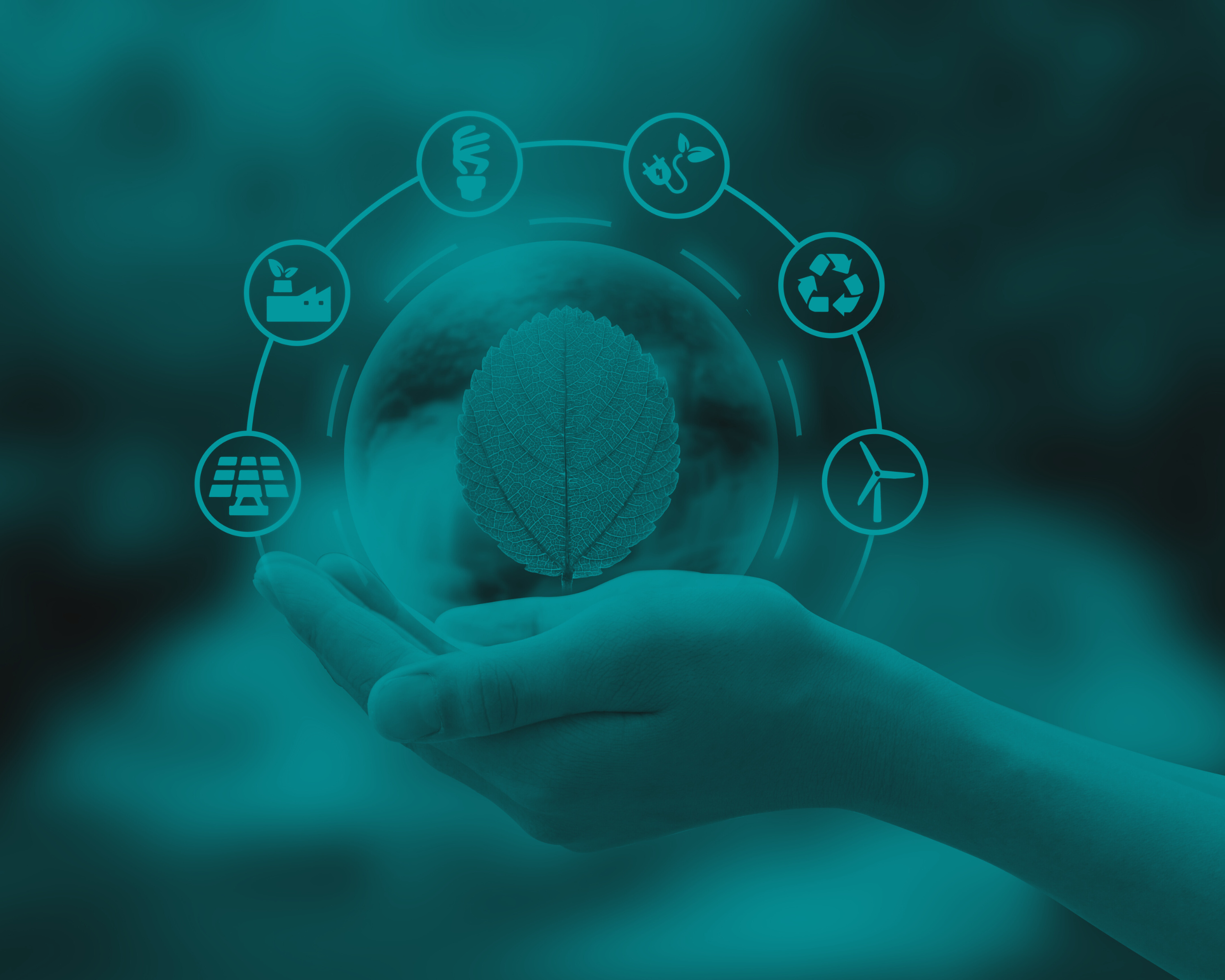Sustainability: What Is It, And How Do We Make It Work For Us?
Sustainability is defined as the ability to maintain or support a process over time. This could relate to preventing the depletion of natural resources to maintain an ecological balance, or it can relate to economics, such as a sustainable business model.
Let’s take a closer look at both topics.
Environmental Sustainability
As the number of people who care about sustainability increases, this has an interesting effect on behaviors. Based on social and environmental factors, consumers and job seekers opt in and out of brands or businesses they support, based on the demonstration of shared values.
The term for the individuals is Shoptivisits.
I experienced this last week while working with a client when a patient let the staff know that they will no longer purchase daily contact lenses due to the amount of waste, even though it was more convenient for their lifestyle.
Here are some things to consider for attracting and retaining consumers and job seekers:
Know your market and match your efforts to what is important to them (the previous example was in an university area). Do the consumers in your market embrace the outdoors or are you downtown in a large city? Don’t get me wrong, having a sustainability plan is important for everyone, but more so in some markets than others.
Add recycling programs, go paperless, and limit the use of disposable resources. Shoptivists will notice if your practice is putting mounds of paper in the garbage or a recycling bin, cleaning with paper towels or reusable cloths, etc.
Align with suppliers whose products are reused and/or recycled or those who give back to the environment. Share their efforts with your staff and in your marketing content. Many supplier partners are making a substantial difference.
Identify team members who are passionate about this topic and have them present opportunities to increase your efforts. Being environmentally and socially sustainable can also increase employee motivation and productivity on the job when their values around sustainability align with those of the companies they work for.
Educate job seekers about your initiatives. In a recent survey conducted by Fast Company, about 40% of millennials said they chose to work for a company with a strong environmental agenda. Granted, this survey was done with large corporations, but we would be naive to think it does not also apply to small businesses.
Act in the present, think of the future.
Sustainable Business Model
Now, let’s discuss sustainability when it comes to your business model. A sustainable business model is what every business leader hopes to achieve, i.e., the business turns a profit quickly and stays afloat for the long term.
We could talk for days on this but for now, I will highlight some key points:
Always keep your foundation solid. Don’t add niches or the latest and greatest trend until you are delivering consistently on the basics.
Know your “why” and stay aligned with it. Why you do what you do, why you got into this business, etc.
Focus on the essentials your business needs to survive, then grow from there. Keep an eye on the distant future, instead of focusing on more immediate profits.
Take care of the most valuable resource - yourself. In this industry, many fill multiple roles, such as owner/optometrist, manager/optician, etc. Schedule in time to run the business, where your sole focus is on the CEO/manager role. This is not in between patients’ and staff requests. Find ways to be efficient with your time, such as adding scribes or team leads, establishing efficient reporting and systems, scheduling meetings with key staff vs hallway meetings, etc.
Manage your patient files to ensure they remain active. You worked hard and spent money to attract those patients; now put in the time and effort to keep them. Pre-book patients or at the very least, have an organized recall program.
Both of these definitions of sustainability follow the same general theme: Act in the present, and think of the future.
If you have additional tips or strategies to share with the group on how to be kinder to Mother Earth, I’d love to hear them. It really is up to all of us to do our part.
Nancy Dewald is a business development professional, workshop facilitator and optical industry veteran who founded and is CEO of Lead Up Training & Consulting, a company specializing in identifying business gaps, implementing solutions and developing leaders.
Article as seen in Optical Prism

